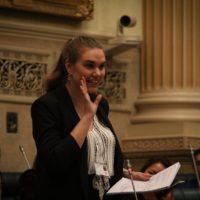Our blog features regular posts by people passionate about politics, participation and democracy in all its forms.
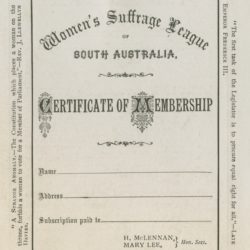
Suffrage 125: Women’s Suffrage League
When resistance occurs citizens in a democracy organise to effect change. When Dr Edward Stirling advocated the extension of the franchise to women, the House of Assembly passed his motion affirming the desirability of recognising women’s political rights; but when the Bill was introduced to give effect to the motion,...
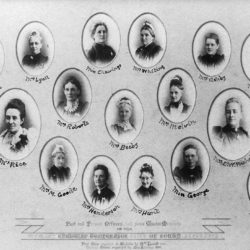
Suffrage 125: Temperance and women’s activism
A movement cannot happen without people, and people unite in groups to achieve big gains. This goes for women’s suffrage in South Australia too. Many groups supported the cause for equal voting rights between men and women. Before the Women’s Suffrage League (which we will learn more about next month)...

Suffrage 125: ‘The Political Franchise for Women’
It is correct to assume that the achievement of women’s suffrage in South Australia was pragmatically undertaken by women and men. Still today, women’s rights are issues for people of all gender identities, and not only the responsibility of women. One such man, Dr Edward Charles Stirling (1848-1919), a surgeon,...
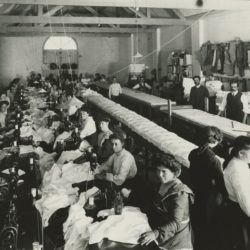
Suffrage 125: South Australian women in the nineteenth century
2019 marks 125 years since women won the right to vote and stand for parliament in the Colony of South Australia. Aboriginal women were not excluded from the legislation, however were not actively encouraged to exercise their rights. Looking back, what was life in South Australia like for most non-indigenous...

Activism Now: Call for Participation
Activism Now: Call for Participation What is this project about? This project will explore contemporary activism, as practiced by young South Australians (18 to 25 years old) who identify as women. It will include a diverse range of subjects and causes. The project has various opportunities for individuals to participate....
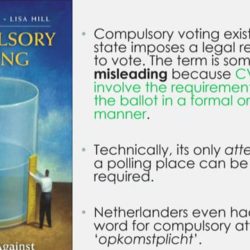
Compulsory Voting in Australia: Effects, Public Acceptance and Democratic Justification
Compulsory voting has been a major feature of Australian electoral arrangements for almost a century and it has proved to be a very effective and well-tolerated mechanism for maintaining high voter turnout. What explains the relatively high public acceptance of the practice in this country? And what conditions need to...
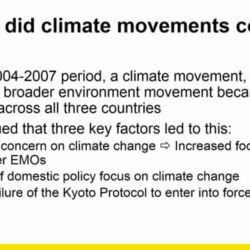
Think Global: International climate movements
This talk highlights key differences in the start, evolution and focus of climate movements in Australia, the United States and the United Kingdom. In particular, the conceptions of climate justice adopted and expressed in the climate movement in each country is markedly different. It is argued that these different conceptions...
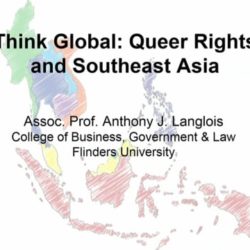
Think Global: Queer Rights and Southeast Asia
While now recognised by the UN and leading democratic states (if still incompletely and often haphazardly), LGBTQ rights are denied in many other quarters. In Southeast Asia, ASEAN has implemented a regional human rights regime, albeit one which declined to incorporate standard global protections around discrimination in relation to sexuality...

#AskACurator Day 2018
On Wednesday 12 September we participated in #AskACurator Day via our social media channels, and in particular our Twitter. #AskACurator in an international initiative to, as the Twitter page says, “Ask questions to passionate experts”. It was started, and continues to be led by the extremely passionate @MarDixon. We had...
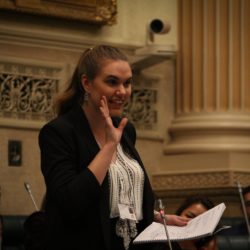
Thoughts of a Youth Parliamentarian
I’ve never been overly outward with any of my thoughts and opinions before. Who am I to decide what’s right and what’s wrong? What if I make the wrong choice? What if others don’t see eye to eye with my beliefs? Perhaps it is my people-pleasing core that has left...




